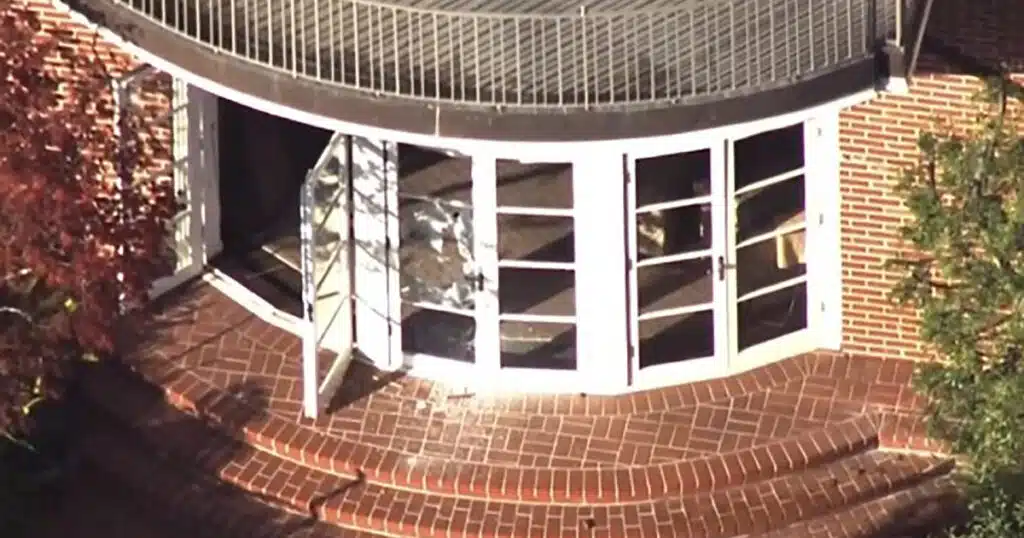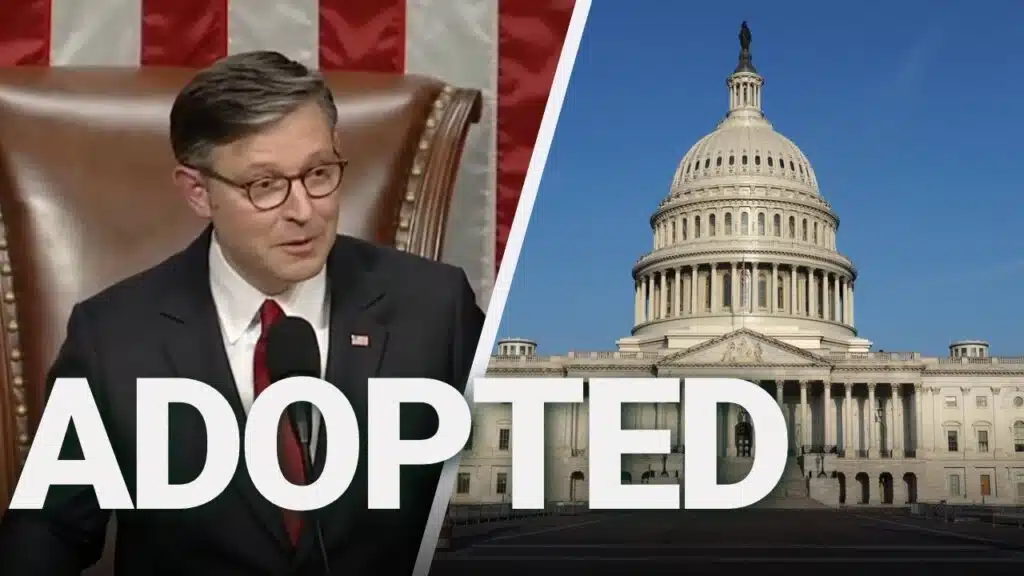
Attack On Pelosi’s Husband Underscores Truths Of Our Political Discourse
News that Paul Pelosi, the 82-year-old husband to Nancy Pelosi, the Democrat Speaker of the United States House of Representatives, was severely wounded last Friday night when an assailant broke into the Pelosi family home in San Francisco and hit him over the head with a jackhammer, provides a mixed bag of facts, and narratives, for voters as they head to the polls Nov. 8.
Initial reports indicated the suspected intruder, David DePape — who reportedly brought in a collection of zip ties and apparently revealed a list of others he also planned to attack and continued to ask throughout the confrontation, “Where is Nancy?’ — was known to local authorities as a nudist radical connected to a series of online posts that questioned the facts behind an array of events throughout the years, including the Jewish Holocaust during World War II and the 2020 presidential election.
Speaker Pelosi was reportedly in Washington, D.C., at the time of the attack but rushed back to California soon after to join her husband, who had to have brain surgery to repair his fractured skull but, according to a statement released by Speaker Pelosi’s office, is expected to make a full recovery.
As soon as word of the attack hit the airwaves, mainstream media pundits jumped on the opportunity to cast the incident as an outgrowth of of right-wing activism and a concerning example of the kinds of incidents that may well multiply if those identified as Republicans, conservatives or, God forbid, those who ascribe to the Make America Great Again mantra and accompanying values popularized by former President Donald Trump.
The incident, wrote Catie Edmondson in the New York Times, was clearly a political assault against Nancy Pelosi, “a longtime fixture of Democratic politics” who has “been increasingly demonized by Republicans. For the better part of two decades, she has starred in G.O.P. attack advertisements and fund-raising appeals that portray her as a partisan villain, and more recently has figured prominently in right-wing conspiracy theories about Democratic misdeeds.”
Meanwhile, other high-profile political media types, including radio hosts Clay Travis and Buck Sexton, the successors to the Rush Limbaugh Show, after the famed host’s death in 2021, suggested during their broadcast Monday that the Pelosi incident would prove nothing more than a minor distraction for voters facing the realities of a lagging economy and the insanity of the woke cultural agenda embraced by Democrats.
However, the Pelosi attack does, indeed, provide some insights into the intertwined and deeply rooted problems facing California and the nation with just a little over a week until the midterms.
First, violence against public officials does indeed appear to be increasing. The same day DePape broke into the Pelosi home, a Pennsylvania man pleaded guilty in federal court to threatening to kill Democrat U.S. Rep. Eric Swalwell, who also hails from the San Francisco Bay Area. Then, a California man last June was charged with attempting to murder U.S. Supreme Court Justice Brett Kavanaugh. And then, last month, a man from San Ramon, Calif., was convicted of threatening the life of Democrat state Sen. Scott Wiener of San Francisco.
According to a California Voter Foundation report, a significant number of state public health officials who enforced pandemic restrictions encountered violent threats, prompting some to quit. And 15 percent of local election officials have also left their jobs since November 2020, due to what they said was persistent harassment and increasing claims of voter fraud.
“There are so many people who should run for office that don’t because they fear for their safety. That is a tragedy, Wiener told the San Francisco Chronicle.
There has also been a marked rise of speech and misinformation generated from across the political spectrum. Los Angeles, in case you missed it, has been reeling over the last month over the public release of racist and highly derogatory comments shared by three City Councilmembers during a discussion secretly recorded about a year ago.
As well, a twitter post from former U.S. Secretary of State Hillary Clinton highlighted a Los Angeles Times article that described DePape as “drifting further into the world of far-right conspiracies, antisemitism and hate.” Clinton wrote, “The Republican Party and its mouthpieces now regularly spread hate and deranged conspiracy theories. It is shocking, but not surprising, that violence is the result.”
As a response to Clinton’s shoot-from-the-hip reaction to the attack on Pelosi, Elon Musk, the new leader at Twitter, suggested in one of his own tweets that “There is a tiny possibility that there might be more to this story than meets the eye.”
The New York Times decided to immediately get in on the action with a headline that read, “Elon Musk, in a Tweet, Shares Link From Site Known to Publish False News,” which prompted Musk to respond in kind, “This is fake— I did *not* tweet out a link to The New York Times!”
The back-and-forth demonstrates the complexities — and destructiveness — of what has become generally accepted by American society as just the current state of political discourse.
Crime, homelessness and mental illness clearly played a big part of DePape’s actions last Friday, even though Democrats, eyeing what many are anticipating will be a huge election for Republicans, emphasize DePape’s seeming fixation on right-wing conspiracy theories. Republicans and others critical of the Democrat approach to law enforcement and crime noted DePape’s possible mental illness, experiences with homelessness and drug addiction. The assailant’s lifestyle – drug-addicted, gay, homeless and living in an old school bus parked in the driveway of a house in Berkeley, California being used as a hippie commune and decorated with gay pride flags and Black Lives Matter signs – makes quite a bit of hash out of the narrative that he was a Far Right political actor.
In fact, DePape is a registered member of the Green Party. Given that, if there was a political animus acted out in the Pelosi attack it was more likely from the radical Left than from the MAGA movement.
But lawlessness and social breakdown in the Bay Area are the things the attack seems to highlight most.
“If Paul Pelosi can’t be safe in his home in San Francisco, how can anyone be safe?” Nathan Hochman, the Republican candidate for California attorney general, said in an article by the Los Angeles Times. “This is a continuum of a spiral of lawlessness. Enough is enough.”
Even though investigators have said DePape was targeting Nancy Pelosi, the assault nonetheless happened during what many contend is an unchecked epidemic of crime and homelessness in California. As if to underscore that point, a San Francisco supervisor’s home was also broken into on Friday, the same day as the Pelosi attack occurred.
Considering all of the aforementioned issues and the various responses to them in the media, it’s evident our political system if, perhaps most importantly, after all things are considered, in suffering from increased polarization — due, at least in part, by the desire of those assigned to push the narratives of particular groups to keep their messaging as simple, and supposedly understandable, as possible.
In a Sunday New York Times Magazine article, which considered frantic efforts by some to almost automatically to label DePape as “right-wing” or “left-wing,” Jay Caspian King writes, “The hope, if course, is to draw clean lines of cause and effect: the ideas propagated by Donald Trump, Tucker Carlson, and far-right trolls infect the mind of a mentally ill person in a way that prompts them to…break into the home of the Speaker of the House. But I am deeply suspicious that the world works in such a coherent fashion…How we ultimately choose to describe these violent men often betrays more about us than about them.”
Trying to give King the benefit of the doubt, it’s not clear, based on his well-meaning analysis, whether a fair and balanced discussion of the issues that ail our country will ever be possible again. That revelation is a reason considering the Pelosi attack, and the responses it’s evoked, may be worth at least a little of our time.



